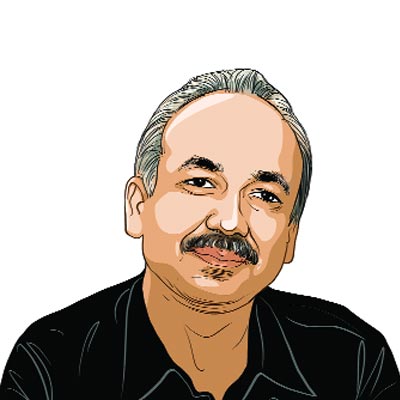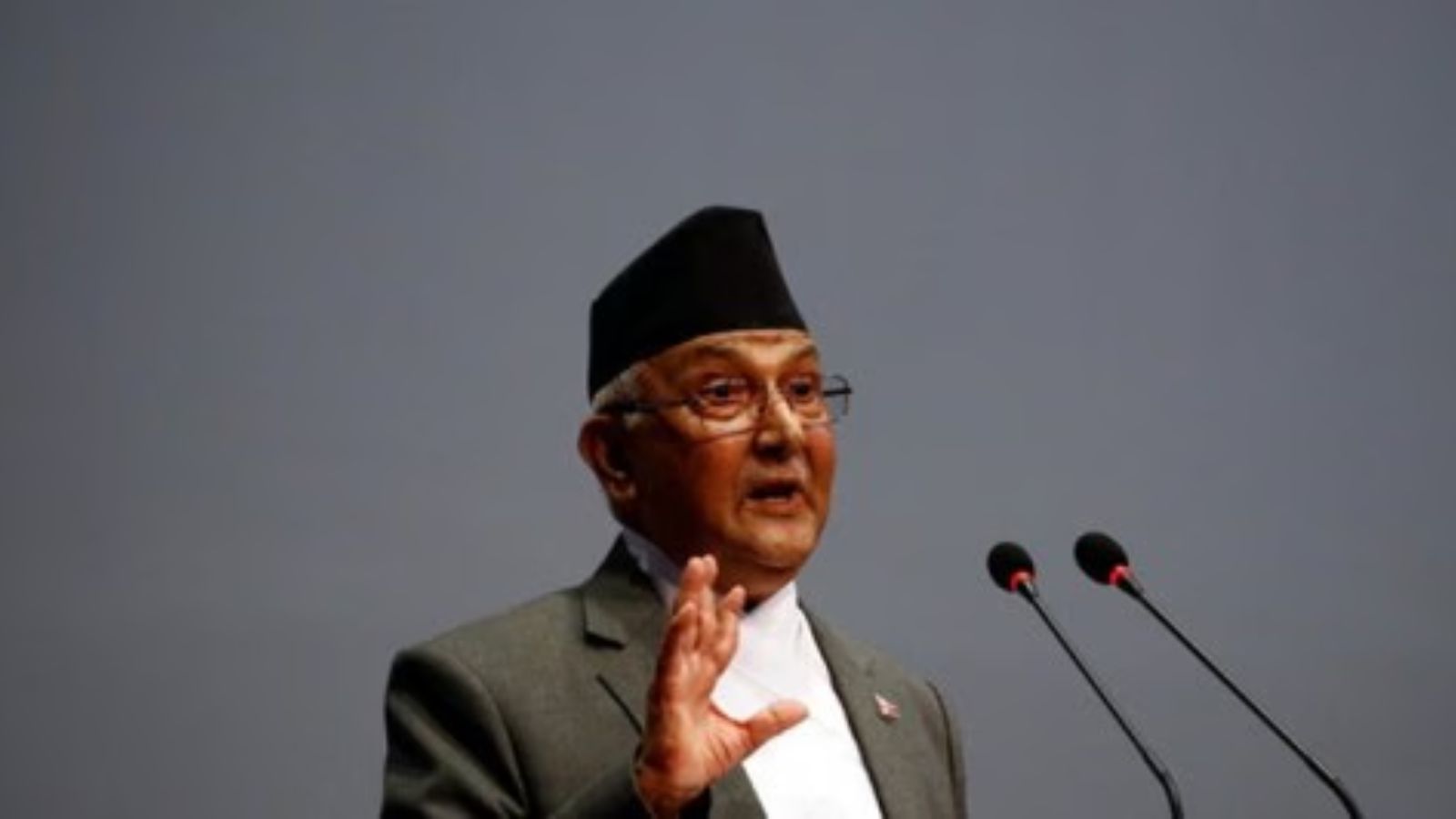

Nov 22, 2024 15:36 IST First published on: Nov 22, 2024 at 15:33 IST
There are several hopes and fears about the likely outcomes of Nepal PM K P Oli’s five-day visit to China beginning December 2. This will be the fourth time that Oli, as PM, has made the first bilateral visit after assuming office to Beijing rather than Delhi, in contrast to the generally followed practice of going to Delhi first. The latter was seen as an endorsement of the view that the relationship with India is more “special”.
Oli’s and Narendra Modi’s governments have clashed twice in the past nine years — first over Nepal’s constitution and then on territory. At this point, Delhi still seems keen to work closely with the Nepali actors – it’s just not that comfortable with Oli. The fact that India chose not to invite Oli but entertain Foreign Affairs Minister Arzu Rana Deuba — who belongs to the Nepali Congress — during her visit to Delhi in August at the highest level has made the current PM and the Communist Party suspicious of Delhi’s intent.
Oli’s first tenure which began in October 2015 witnessed an unofficial economic blockade on Nepal for over four months. Then came the bitter territorial disputes over the as-yet unresolved areas in Lipulek, Limpiyadhura and Kalapani. Delhi’s reluctance to invite him this time is perceived as a hangover of this past bitterness and a sign that it has not forgiven Olu for signing the trade and transit framework agreements with China, ending Nepal’s exclusive dependence on the south for maritime access.
The larger question is: Has there been an erosion of the “special relationship” between India and Nepal? The unique open border is now seen as a law and order threat, with terrorist actors also being reported to exploit it at times. Traditionally, Nepal has been a Hindu-majority society with deep ties to the Puri Shankaracharya Mutt. In reciprocity, Nepal’s kings — until the abolition of the monarchy 16 years ago — were given the special privilege of having access to India’s important Hindu shrines including Rameshwaram, Badrinath, Kedarnath, Ayodhya and Jagannath Puri. Nepal’s royal palace used to send the first ingredients for preparing “khichri” as the mahaprasad for the annual Gorakhanath mela that takes place in Gorakhpur each year in the month of Magh (mid-January to mid-Feb). Nepal’s transition to a secular republic brought an end to these practices, which also served as leverage and openings during diplomatic crises.
Nepal has suffered political instability, with 36 Prime Ministers in the past 35 years. Three leaders – Oli of the Communist Party of Nepal (Unified Marxist Leninist), Sher Bahadur Deuba( Nepali Congress) and Pushpa Kamal Dahal ‘Prachanda’ (Maoist Centre) – have alternated in the post in the last nine years since the constitution’s promulgation. Instability and frequently changing political equations, solely driven by power, have also resulted in policy inconsistencies, and loss of confidence from both domestic and multinational investors.
Oli and the current establishment are facing public wrath, especially on corruption issues.
This background, and India not sending him the invitation first, makes his China visit more interesting. Both the US and India have warned Nepal not to go for BRI projects to avoid a debt trap. Nepali Congress, the dominant partner in the coalition, seems to have taken this prescription as a mantra and has warned Oli not to sign the BRI execution framework treaty during his visit except under the condition that all these projects will be fully grant-based.
Oli’s failure to sign such an agreement with China, something he seems to have already assured, will lead to a loss of credibility. On the other hand, bypassing the Nepali Congress’s suggestion and upsetting two external stakeholders may cost him his chair back home.
most read
China may not be willing to make an exception for Nepal under the BRI, but there are indications that it may defer by a few years the date (2026) for Nepal to pay instalments on a $220 million dollar loan to build the Pokhara international Airport — which is lying idle ever since it was inaugurated two years ago. China has time and again turned down Nepal’s plea to convert this loan into a grant but it has indicated flexibility on readjusting terms and dates.
Oli is known for taking risks — some even politically suicidal at times. His visit to Beijing may just backfire. He was a hero back home when he had signed the Trade and Treaty agreement with Beijing during the 2015 economic blockade. But this time, India’s “sin’” was insignificant. It simply chose not to welcome him in Delhi and for that he enjoys no sympathy in the country.
The writer is the Kathmandu-based contributing editor for ‘The Indian Express’


